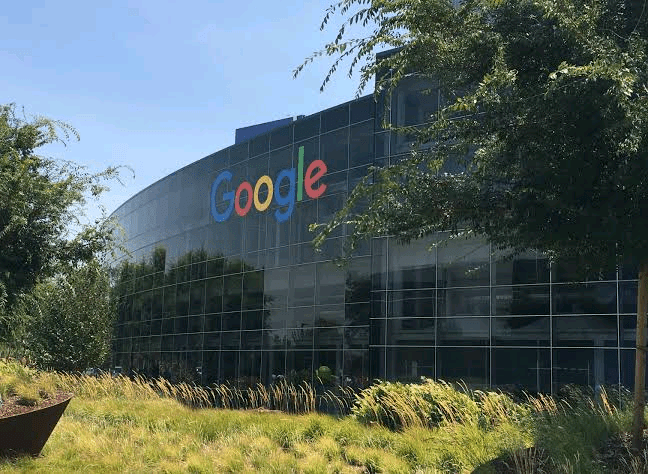Google Releases Annual Ads Safety Report, Highlights AI’s Impact on Ad Landscape
In a commitment to user safety and a healthy online advertising environment, Google released its annual Ads Safety Report on Wednesday. The report details the company’s progress in upholding advertiser and publisher policies while acknowledging the growing influence of generative AI in the digital ad space.
While the report highlights the positive influence of AI, particularly Large Language Models (LLMs), in enhancing ad enforcement efforts, it also recognizes the potential challenges this technology presents. Google emphasizes its dedication to proactively addressing these issues.
“Billions of users worldwide rely on Google products for accurate and reliable information, including advertisements,” the report authored by Duncan Lennox, VP & GM of Ads Privacy and Safety, reads.
It underscores the company’s dedication to online safety through its workforce, which continuously strives to safeguard the digital advertising ecosystem.
Lennox noted, “Our safety teams have long used AI-driven machine learning systems to enforce our policies at scale. It’s how, for years, we’ve been able to detect and block billions of bad ads before a person ever sees them. But, while still highly sophisticated, these machine learning models have historically needed to be trained extensively – they often rely on hundreds of thousands, if not millions of examples of violative content.
“LLMs, on the other hand, are able to rapidly review and interpret content at a high volume, while also capturing important nuances within that content. These advanced reasoning capabilities have already resulted in larger-scale and more precise enforcement decisions on some of our more complex policies. Take, for example, our policy against Unreliable Financial Claims which includes ads promoting get-rich-quick schemes. The bad actors behind these types of ads have grown more sophisticated. They adjust their tactics and tailor ads around new financial services or products, such as investment advice or digital currencies, to scam users.
“To be sure, traditional machine learning models are trained to detect these policy violations. Yet, the fast-paced and ever-changing nature of financial trends make it, at times, harder to differentiate between legitimate and fake services and quickly scale our automated enforcement systems to combat scams. LLMs are more capable of quickly recognizing new trends in financial services, identifying the patterns of bad actors who are abusing those trends and distinguishing a legitimate business from a get-rich-quick scam. This has helped our teams become even more nimble in confronting emerging threats of all kinds.
“We’ve only just begun to leverage the power of LLMs for ads safety. Gemini, launched publicly last year, is Google’s most capable AI modeI. We’re excited to have started bringing its sophisticated reasoning capabilities into our ads safety and enforcement efforts.”
The Google executive further acknowledged that “the introduction of new technology such as generative AI to novel abuse trends and global conflicts. And the digital advertising space has to be nimble and ready to react. That’s why we are continuously developing new policies, strengthening our enforcement systems, deepening cross-industry collaboration and offering more control to people, publishers and advertisers.
“In 2023, for example, we launched the Ads Transparency Center, a searchable hub of all ads from verified advertisers, which helps people quickly and easily learn more about the ads they see on Search, YouTube and Display. We also updated our suitability controls to make it simpler and quicker for advertisers to exclude topics that they wish to avoid across YouTube and Display inventory. Overall, we made 31 updates to our Ads and Publisher policies.
“Though we don’t yet know what the rest of 2024 has in store for us, we are confident that our investments in policy, detection and enforcement will prepare us for any challenges ahead.”

